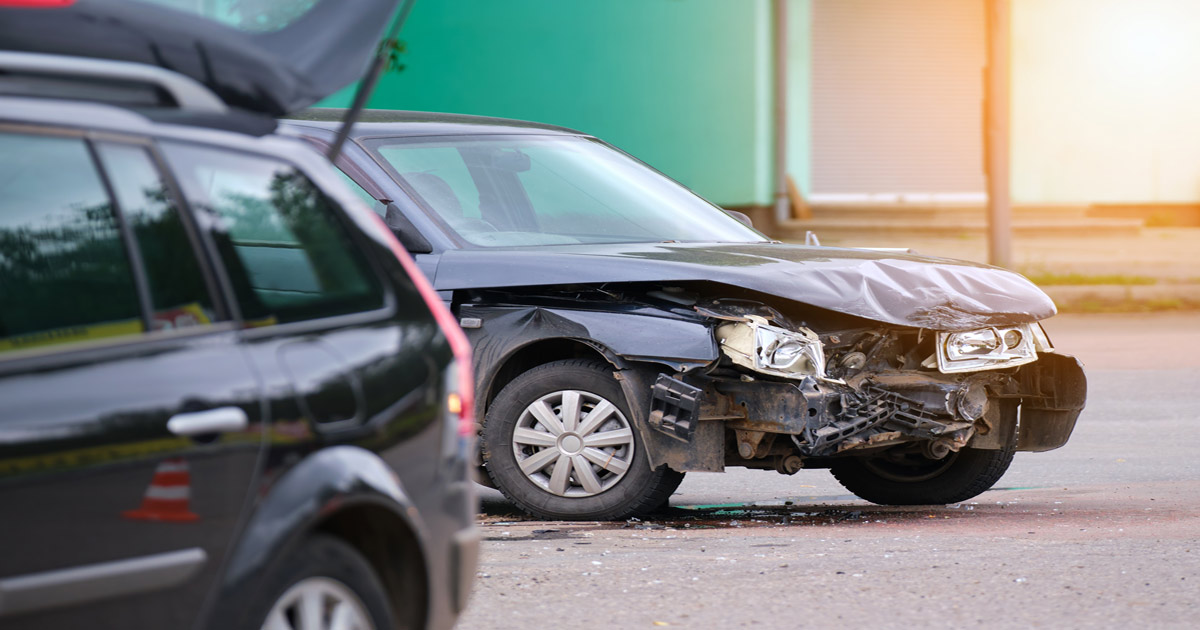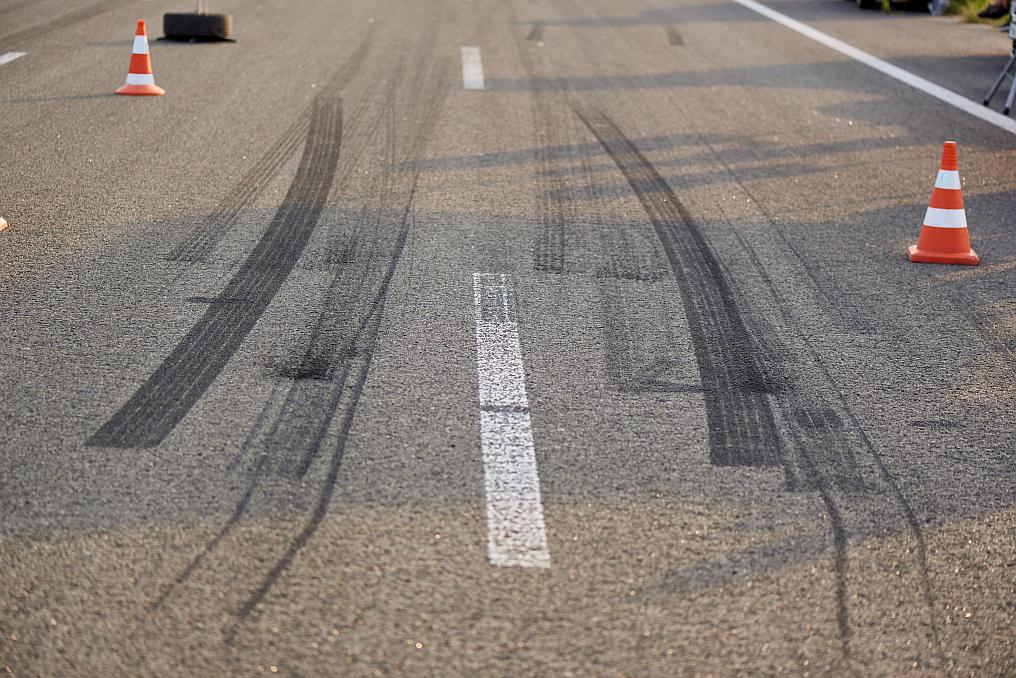
When you hear that a car has been totaled in an accident, you may picture a vehicle that is damaged beyond repair, including a mangled steel frame, shattered windows, and blown tires. While this can happen, the vehicle does not need to be wrapped around a tree or in flames on the side of a highway for it to be considered totaled. In fact, when a car is totaled, it simply means that the insurance company believes it is not worth repairing.
When a vehicle’s actual cash value (ACV) is equal to or less than the cost of repairs plus the salvage value, the car is generally considered a total loss in California. The ACV is the amount of money the car was worth before it was damaged in the car accident. To determine the ACV of a vehicle, insurers will usually consider a range of factors, including the age of the car, the mileage and resale value, and the selling price of similar vehicles in your area. The salvage value is what the vehicle is worth after it was damaged. Essentially, it means that the cost to repair the vehicle is greater than the actual worth of the car.
If you totaled your car, you may be unsure about what to do next. The following are some of the options that are available to you.
Motorists are required to carry at least a minimum amount of insurance, so you can file a personal injury claim with the insurance company to recover the cost of the property damage. If you are leasing your vehicle, or you are still in the process of paying it off, you are still responsible for that debt. However, the insurance company may offer a settlement that will allow you to pay off the car.
The amount of money you will receive from the insurance company will depend on the type of insurance that you and the other motorist have. The insurance company may offer a settlement amount, but there may be no money left over to purchase a new vehicle.
In some cases, the insurance company will pay for the damage as well as the cost of replacing the vehicle. If you do not have insurance, or you only carry the minimal amount, you may be responsible for covering those expenses on your own.
You also have the option of filing a lawsuit against the other driver involved in the accident. There is no limit to the number of damages you can request, although there is a cap on pain and suffering. If you reach a successful outcome, you may be eligible for the following damages:
This is certainly an option if you have the financial resources to cover the cost of the totaled vehicle or if you can repair the car yourself. You should consider whether the car is fixable, the cost of the repairs based on more than one estimate, how you will pay for the repairs, and how long you plan to drive the vehicle once it is repaired. However, if you are pursuing this option because you are under the assumption that the insurance company is not going to pay for the losses, you should speak to your insurance agent. You may have more coverage than you think.
Additionally, a car dealership may offer you money for a trade-in, even if the vehicle is totaled. Make sure that you get a professional appraisal to confirm that the dealership is offering you a fair-trade amount.
If the insurance company is unwilling to pay for the repairs, you may be able to use the spare parts if the make and model of the car that was totaled is like another car that you own. Another option is to sell the spare parts if they are still in good working order. Another car owner with the same vehicle may be interested in buying some or all the parts you are selling.
Salvage yards often pay car owners cash for their totaled cars. They may even pay to have the car hauled away. This may be a good option if you do not want to deal with the hassle of selling individual parts from your totaled vehicle.
There are several organizations that accept vehicle donations, including totaled vehicles. In addition to helping the charity by donating a car, you may also be able to claim the donation as a tax deduction. If the vehicle sells for over $500, you can claim the amount for which it was sold.
The most important step to take after an accident is to seek immediate medical attention. This is particularly true if the accident that totaled your car also caused catastrophic injuries. Once you have been examined by a medical professional, you are urged to take the following steps:
Motorists often ask if they can continue driving their car after it has been totaled. The answer to that question depends on the damage to the vehicle. For example, if the accident caused damage to the steering wheel, transmission, or engine, this could be very dangerous if any of these systems failed while you were driving. If only the exterior of the vehicle was damaged, but the car is considered totaled, you could continue to drive it, but you should stay off any major highways. If you do decide to continue driving the car, it is highly recommended that you have the vehicle inspected by an experienced mechanic to ensure that the car is safe to drive.
If your vehicle was totaled in a collision, you are urged to contact our Los Angeles car accident lawyers at ACTS LAW at your earliest convenience. We will investigate the details of the accident, determine the extent of the damage to your vehicle, and explain your options. To schedule a free, confidential consultation, call us today at 833-228-7529 or contact us online. With offices located in Los Angeles and San Diego, we serve clients throughout Southern California.

ACTS partner Boris Treyzon along with attorney Evan Koncan, secured a $1.575 million verdict for a woman who suffered injuries after stepping onto a sidewalk meter utility box. As she stepped on it, t...

Truck accidents can have devastating consequences, leading to severe injuries or even fatalities. While car accidents are more common, crashes involving large trucks pose a higher risk of harm. This a...

Motorcycle riding is a popular mode of transportation for millions of individuals in the United States. Every year, many Americans are enticed by the excitement and freedom of the open road, prompting...